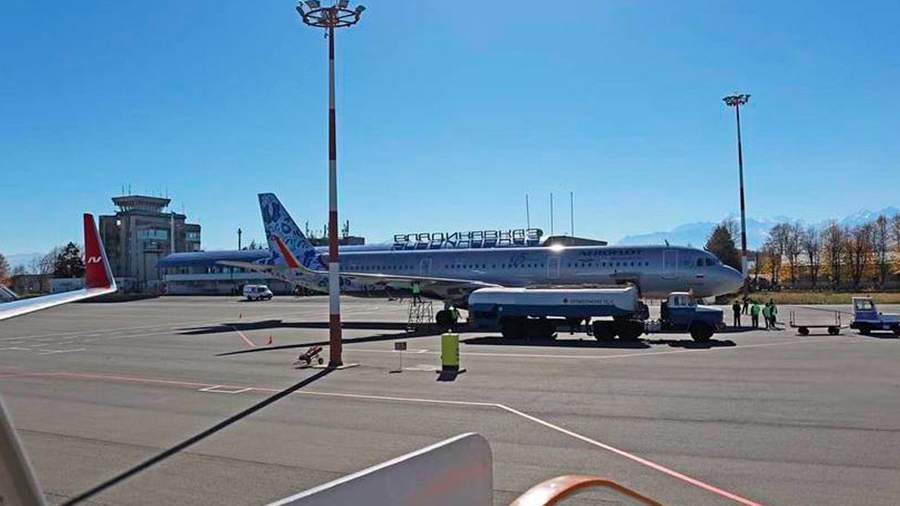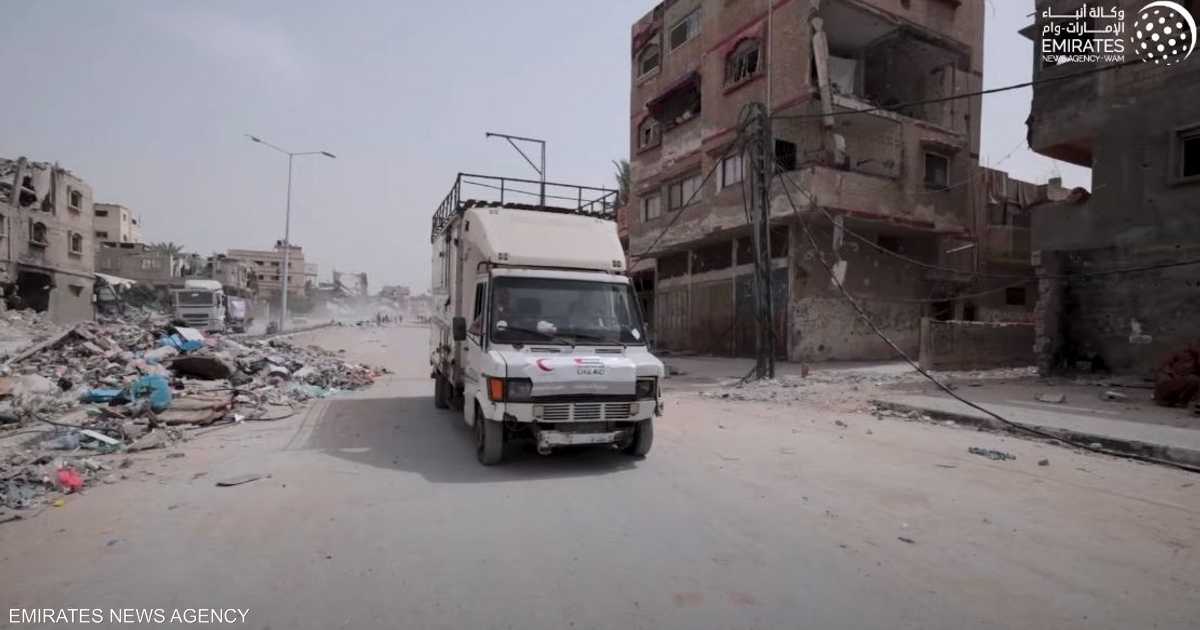KTSJ, or ODKB, or CSTO, was born in the ruins of the Soviet Union a long time ago, but has rarely been heard of.
When Soldiers of the 45th Separate Brigade of the Russian Land Forces landed on Kazakh soil in Central Asia, not the Russian military boots.
Instead, it was Collective Security Agreement Organization sending peacekeepers.
So what exactly is it about?
In short: on beautifying Russia’s intervention with a sweet icing on peacekeeping.
Come on a more tidy impression when troops are sent by an international organization and not by Russia, says a researcher at the Foreign Policy Institute Jyri Lavikainen, which specializes in Russian foreign policy.
The Finnish abbreviation for the organization of the collective security agreement is KTSJ. In Russian, it is known as ODKB, and in the West, the English abbreviation CSTO is the most commonly used.
KTSJ has been around for a long time, but has been rarely heard of.
“It’s no surprise that hardly anyone knows anything about it,” says Lavikainen. “It’s not considered very relevant when it comes to military alliances. It is one of those cooperative organizations born in the ruins of the Soviet Union. ”
There is a certain amount of ambiguity in the fact that several Member States have already withdrawn from the KTSJ – Uzbekistan as many as twice.
KTSJ: n underlying the 1990s treaties between some post-Soviet states. The organization was founded in 2002 by the President of Russia Vladimir Putin in the early years of the long reign.
The organization currently has six members, which are owned by KTSJ website presented in the Cyrillic alphabet: Armenia, Belarus, Kazakhstan, Kyrgyzstan, Russia and Tajikistan.
It is not clear to anyone which member states will determine the order of the march.
So-called three thousand so-called peacekeepers have been sent from Russia to Kazakhstan, Lavikainen says. There are dozens or hundreds of soldiers from other member states.
Until Friday night, the KTSJ’s media office did not respond to HS’s inquiry into the exact composition of the troops sent to Kazakhstan.
Effective KTSJ cannot be considered a defense alliance, Lavikainen says.
“It provides security guarantees to its members, but is unable to prevent conflicts between members. The ethnic conflict between Kyrgyzstan and Uzbeks comes to mind [vuonna 2010]. ”
Last May, Armenia asked KTSJ for help in its war against Azerbaijan. The organization did not rush, and its official response lasted three months. The reason for rejecting the request for assistance was that the war zone, namely Nagorno-Karabakh, had not been recognized as part of Armenia.
Secretary General of the KTSJ in Belarus Stanislav Zas put it this way in August: “It must be understood that KTSJ can only act in the event of an attack or aggression. But this is basically a border conflict. ”
Kazakhstan the broader sort of logic seems to apply.
“In the case of Kazakhstan, it is interesting that KTSJ does not have the competence to suppress internal problems, but it has been used for that,” says Lavikainen.
There may be one reason why the President of Kazakhstan Kasym-Zhomart Tokayev speaks of the protesters so vigorously as “terrorists” and “militants”.
“In that way, perhaps the use of this organization can be justified when it is possible to frame it [mielenosoitukset ja mellakat] externally inspired attack on Kazakhstan, despite the internal unrest in Kazakhstan. “
Collective According to Lavikainen, the organization of the security agreement is also shaky in the sense that Russia is in fact a potential threat to some of the smaller member states.
“However, one cannot trust that the strongest member of the organization will then be a 100 percent ally.”
For Russia, KTSJ’s obvious intention is to act as a tool in a neighboring area that it considers to be within its sphere of interest.
“If you look at the big picture of why Russia works the way it does, then there is a feeling that Russia has such a reverse domino theory,” says Jyri Lavikainen.
“If an authoritarian regime is in danger somewhere, then Russia should support it.”
The Collective Security Treaty Organization (KTSJ) is known in English as CSTO. Screenshot of the organization’s English-language website. The organization’s logo (top left) resembles the logo of the Western Military Alliance.
.
#Kazakhstan #Russian #soldiers #flown #Kazakhstan #behalf #littleknown #organization

/cloudfront-eu-central-1.images.arcpublishing.com/prisa/YD7RX7DSYZDXDNH2GWQ7DZQLVQ.jpg)




/cloudfront-eu-central-1.images.arcpublishing.com/prisa/CRH7VA27ANEVXGJMRINYOLE2HY.jpg)
